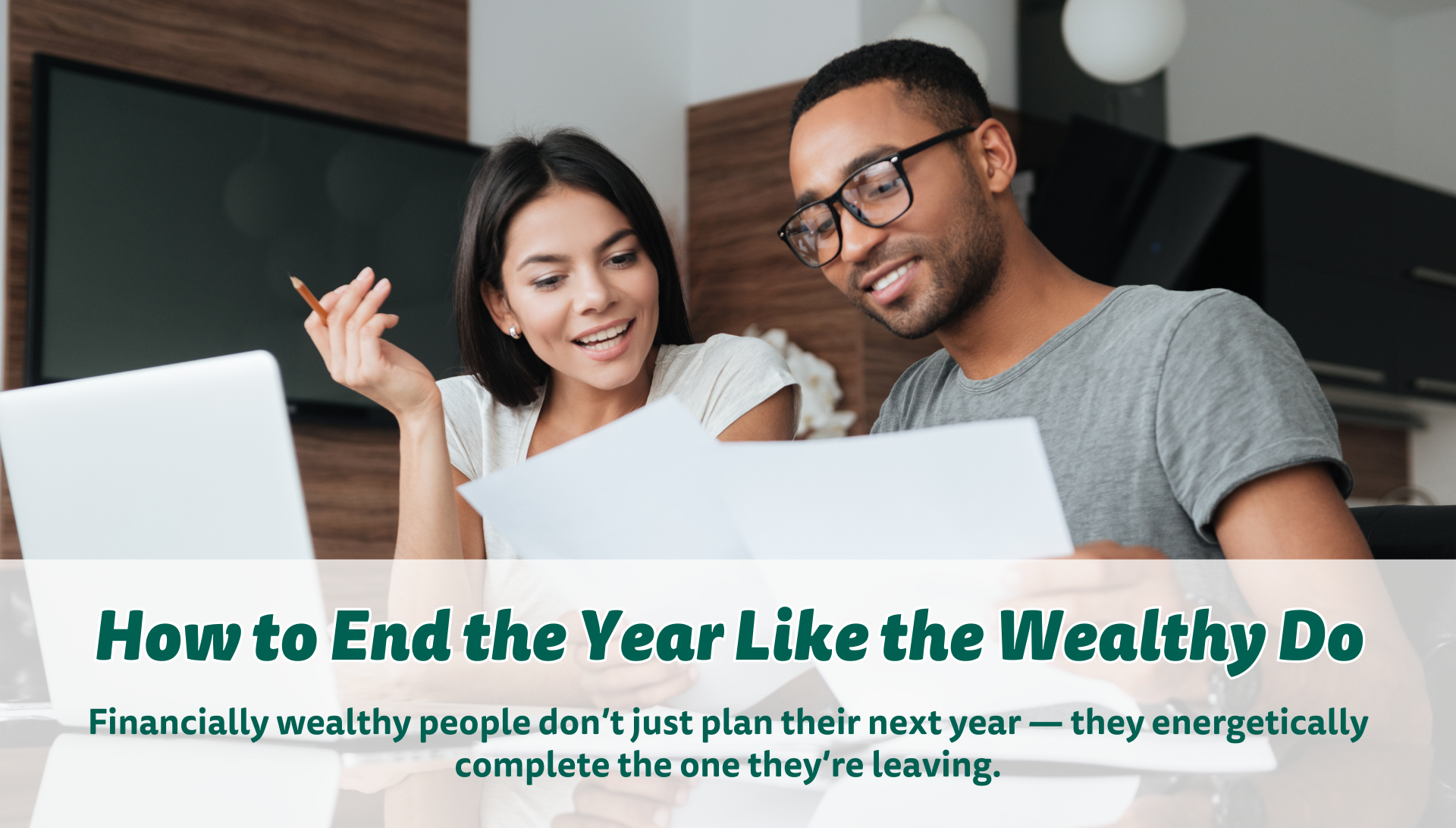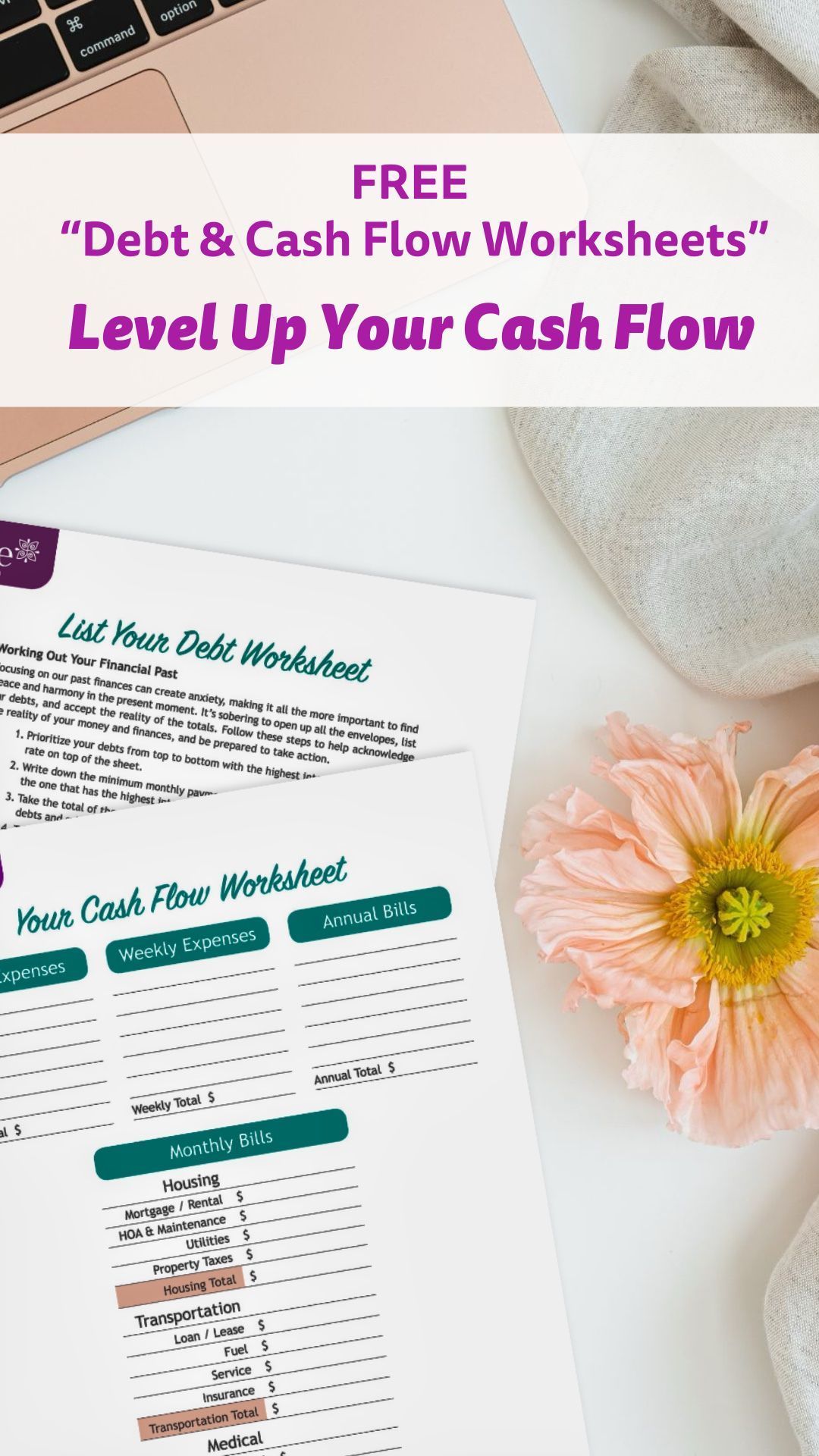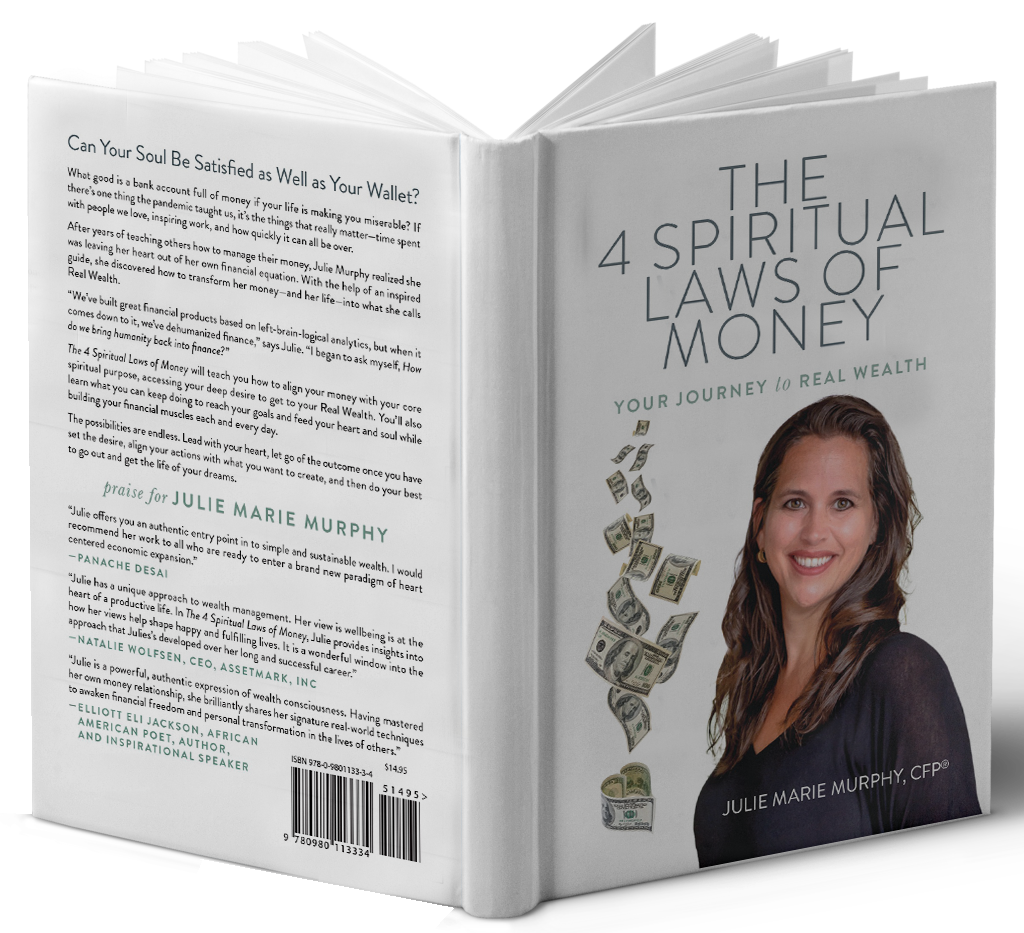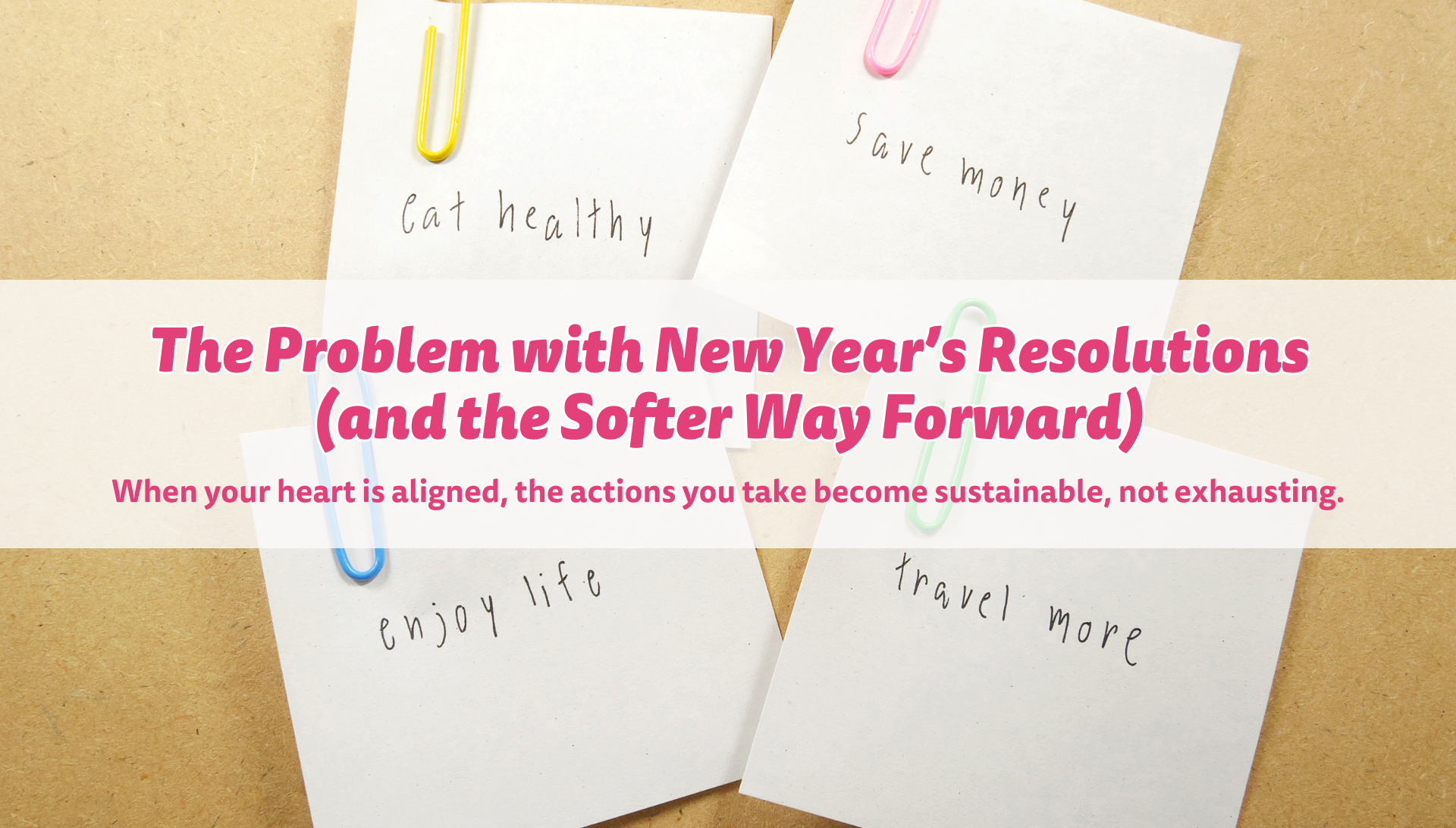Gaining freedom: letting go of what’s holding you back
It’s feeling a lot like spring lately, and it got me thinking about spring cleaning. Many of us take time out during March and April to go through our homes and get rid of the things we aren’t using.
We donate clothes we haven’t worn in months (or years) to make room for new threads or to just create more space. We get rid of paintings, shoes, holiday decorations or old hobby items that we no longer have use for. Basically, we clean house.
The common theme during these spring cleaning activities is how much stuff we have. Many of it we’ve only used or worn a time or two, if ever. And we wonder how – when we constantly complain about not having enough space – how do we manage to find room for something new?
The idea of creating space is a theme I’ve been thinking about a lot lately. Removing items to make room for better things is a commonly accepted way to usher in a new and improved quality of life. But does it really work? I posed a question on my Facebook page not long ago that I’m going to revisit here:
What do you need to let go of in your life to gain freedom?
Minimalists believe that having a lot of material things traps us, and that we need to live a simpler life in order to truly be happy and be free. I believe that this same idea can be used for the emotional things we carry with us each day. We hold onto the memories of bad experiences – failures, heartbreaks, etc. – and we succumb to the fear of reopening closed wounds.
As I’ve said before, our emotional state greatly affects the way we handle our finances. Going on a spending spree to temporarily erase negative feelings isn’t uncommon. But it could be causing you great strife in other areas of your life. Hanging on to the emotional baggage of our past is just as dangerous as hoarding old clothes and other items. Maybe your security blanked isn’t a garage full of old trinkets, but a mind full of bad memories.
Action step
Have you ever considered that your spending is rooted in emotional pain? I speak of this a lot, but maybe you haven’t acknowledged what exactly is causing you to spend excessively. Now is as good a time as any to examine the emotional scars you reckon with daily as a way to cope with your everyday struggles.
This week, I want you to focus on letting go of the emotional baggage you carry, one tote at a time. As you begin to walk away from your past struggles, embrace the feeling of freedom. Know that the more you let go of your past, the closer you get to the abundance in your financial future.
The post Gaining freedom: letting go of what’s holding you back appeared first on Julie Murphy.
Share Blog On Social
Recent Blogs

Similar Blogs







